The history of the places that have hosted the Eurovision Final (Part III)

Throughout its history, Eurovision has taken place in a variety of cities and countries, each leaving its mark on the history of the contest. In this article, we will explore the exciting history of the venues of the various Eurovision finals, from 2001 to 2022.
Part I: Eurovision List 1956 to 1979
Part II: Eurovision List 1980 to 2000
The Eurovision Song Contest is one of the most popular and beloved musical events around the world. Every year, the countries of Europe (and some outside Europe) compete for the glory and honor of winning the contest and taking home the coveted Eurovision trophy. But in addition to the music and performances, another important aspect of the festival is the venues for the finals.
Copenhagen, Denmark - 2001
Almost four decades later, in 2001, Copenhagen once again hosted the Eurovision Song Contest. This time, the event took place at the Parken Stadium, a soccer stadium that was transformed into an impressive stage for the final.
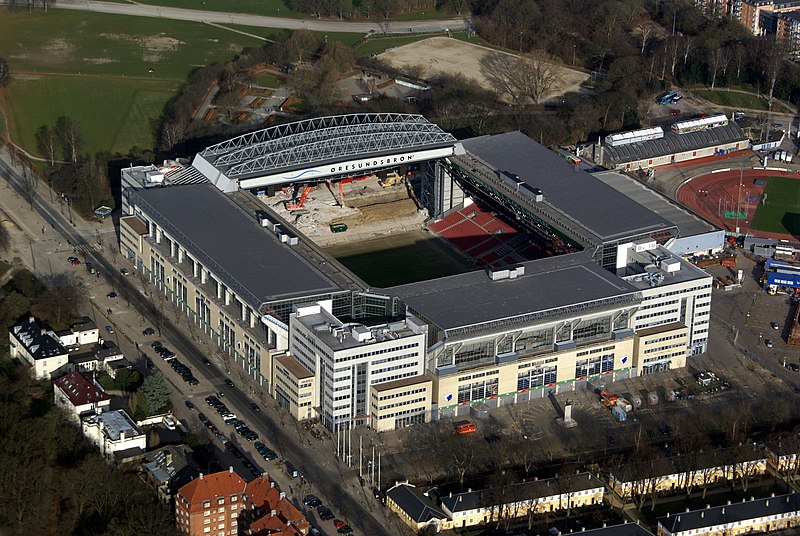
The event was remembered for Estonia’s victory with the song “Everybody” performed by Tanel Padar, Dave Benton and 2XL.
Tallinn, Estonia - 2002
The 2002 edition of Eurovision was held in Tallinn, the capital of Estonia. The event took place in the Saku Suurhall, a sports and concert hall.
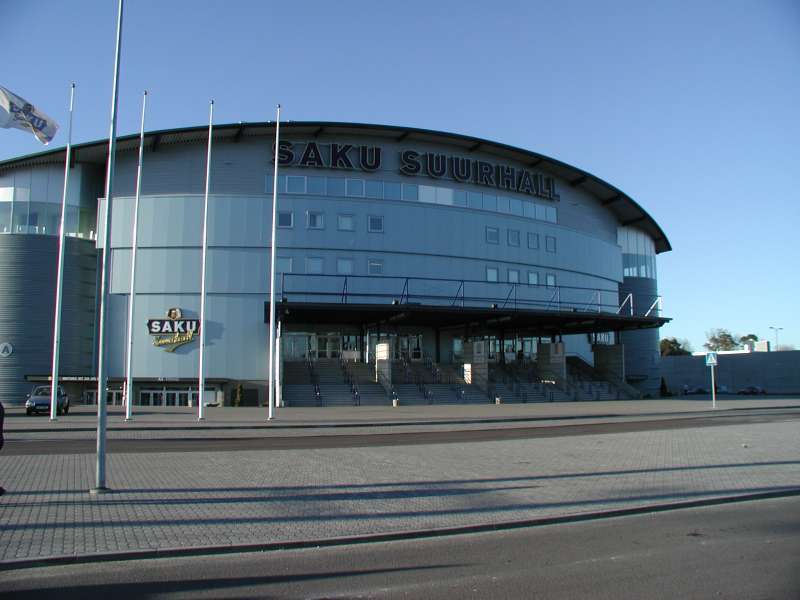
The winner that year was Marie N, representing Latvia with the song “I Wanna”.
Riga, Latvia - 2003
Latvia hosted Eurovision in 2003, with the final held in Riga. The event was held at Arena Riga, a sports and entertainment complex.
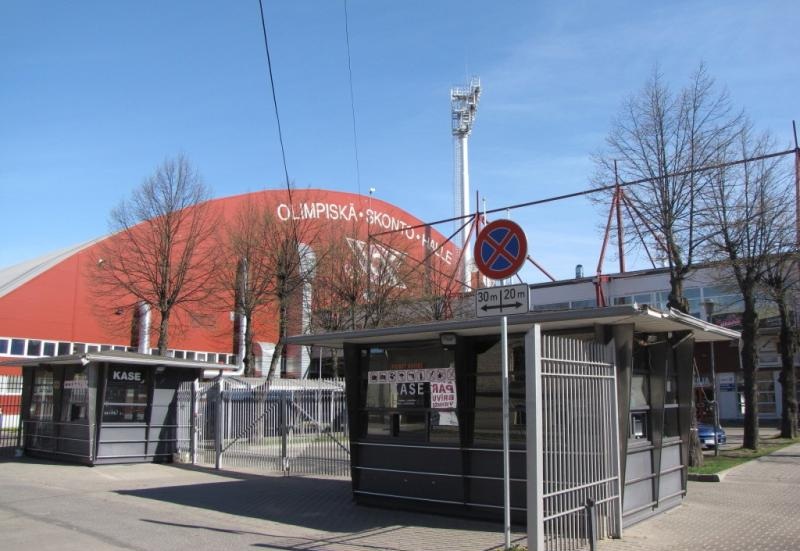
The winner that year was Sertab Erener, representing Turkey with the song “Everyway That I Can”.
Istanbul, Turkey - 2004
The Eurovision 2004 event took place in Istanbul, Turkey, marking the first time the country hosted the competition. The final was held at the Abdi İpekçi Arena, a sports hall.
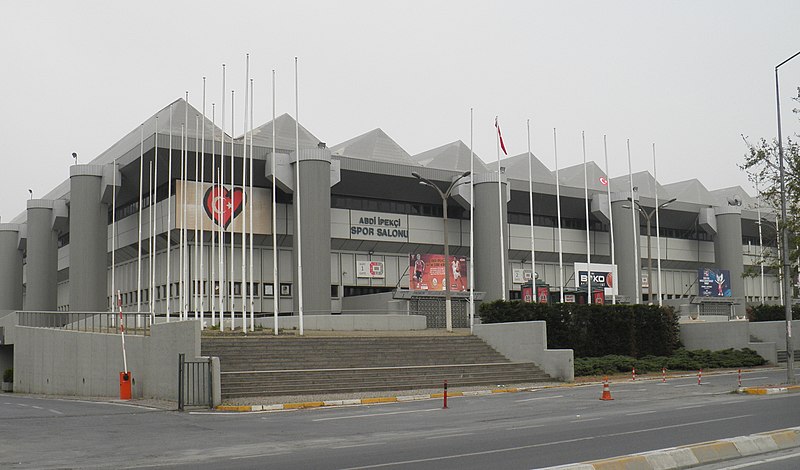
The winner that year was Ruslana, representing Ukraine with the song “Wild Dances”.
Kiev, Ukraine - 2005
Ukraine hosted Eurovision in 2005, with the final held in Kiev. The event took place at the Kiev Sports Palace, a multi-purpose venue.
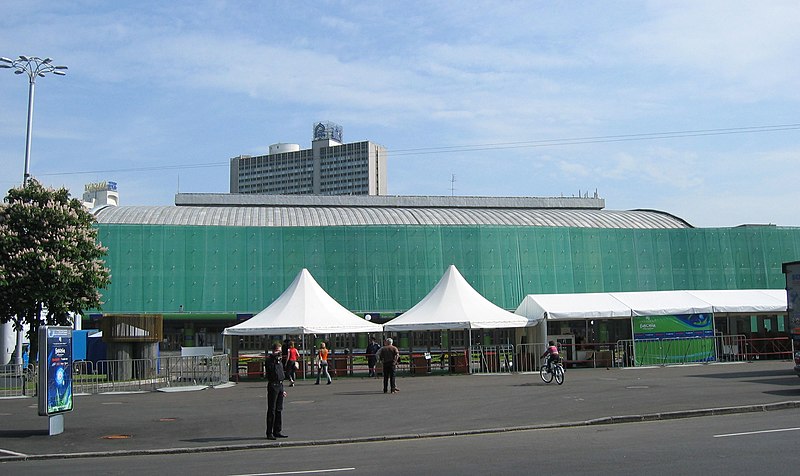
The winner that year was Helena Paparizou, representing Greece with the song “My Number One”.
Athens, Greece - 2006
Greece hosted Eurovision in 2006, with the final held in Athens. The event took place at the Olympic Stadium in Athens, which was also the ceremonial venue for the 2004 Olympic Games.
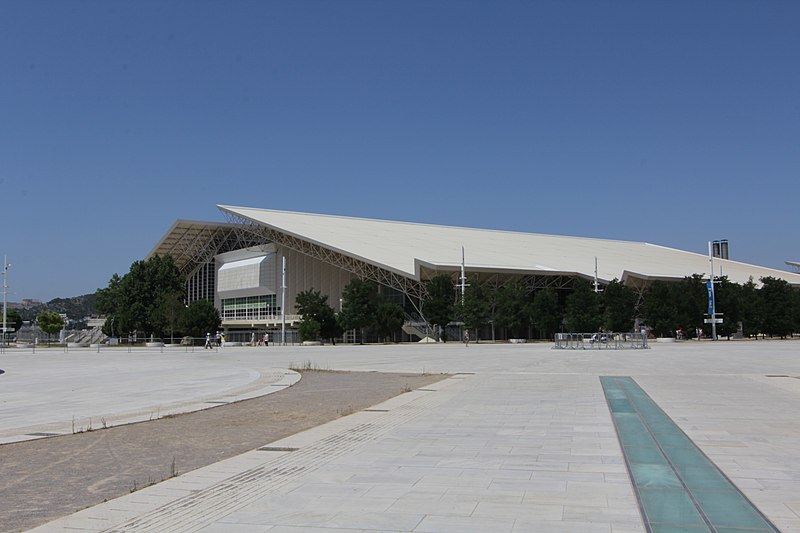
The winner that year was Lordi, representing Finland with the song “Hard Rock Hallelujah”.
Helsinki, Finland - 2007
The 2007 edition of Eurovision was held in Helsinki, the capital of Finland. The event took place at the Hartwall Arena, a sports and concert hall.
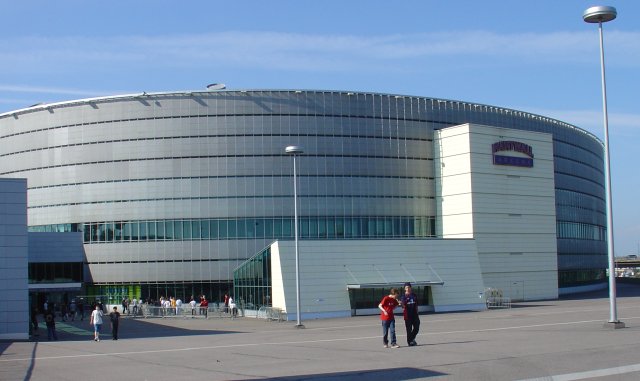
The winner that year was Marija Šerifović, representing Serbia with the song “Molitva”.
Belgrade, Serbia - 2008
Serbia hosted Eurovision in 2008, with the final held in Belgrade. The event took place at the Belgrade Arena, an indoor stadium and one of the largest capacity venues used in Eurovision history.
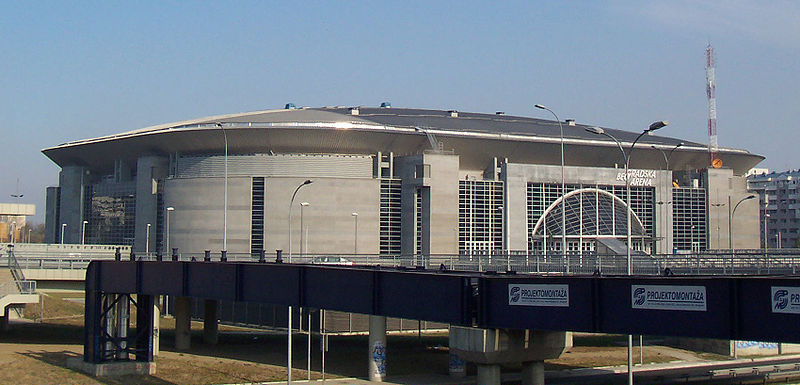
The winner that year was Dima Bilan, representing Russia with the song “Believe”.
Moscow, Russia - 2009
Russia hosted Eurovision in 2009, with the final held in Moscow. The event took place at the Olimpiyskiy Arena, a sports and concert venue.
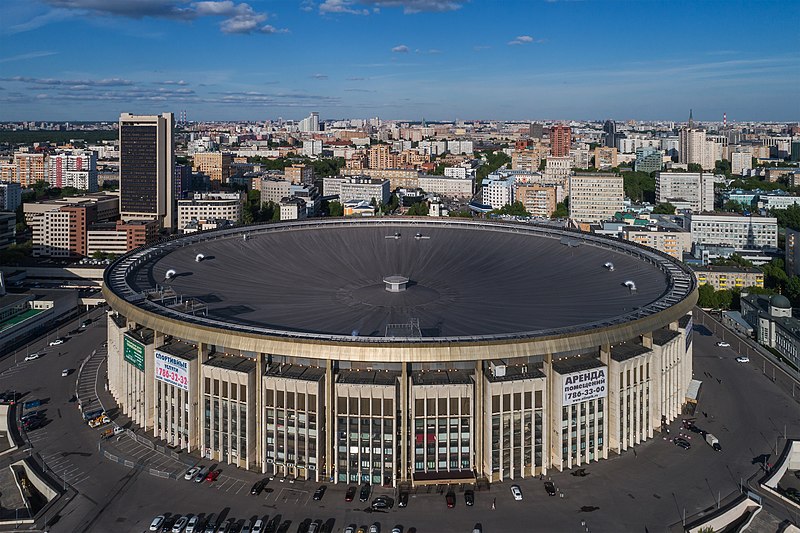
The winner that year was Alexander Rybak, representing Norway with the song “Fairytale”.
Oslo, Norway - 2010
Norway hosted Eurovision again in 2010, with the final again held in Oslo. The event took place at the Telenor Arena, an indoor stadium in the city of Bærum.
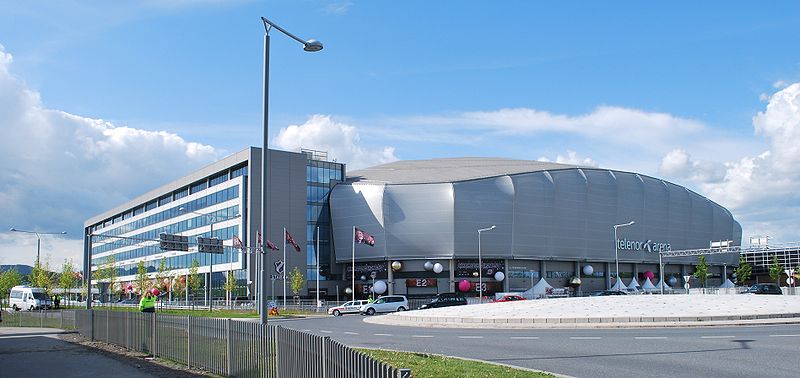
The winner that year was Lena Meyer-Landrut, representing Germany with the song “Satellite”.
Düsseldorf, Germany - 2011
After almost 30 years Germany hosted Eurovision in 2011, with the final held in Düsseldorf. The event took place at the Espirit Arena (Merkur Spiel-Arena), a soccer stadium in the city.
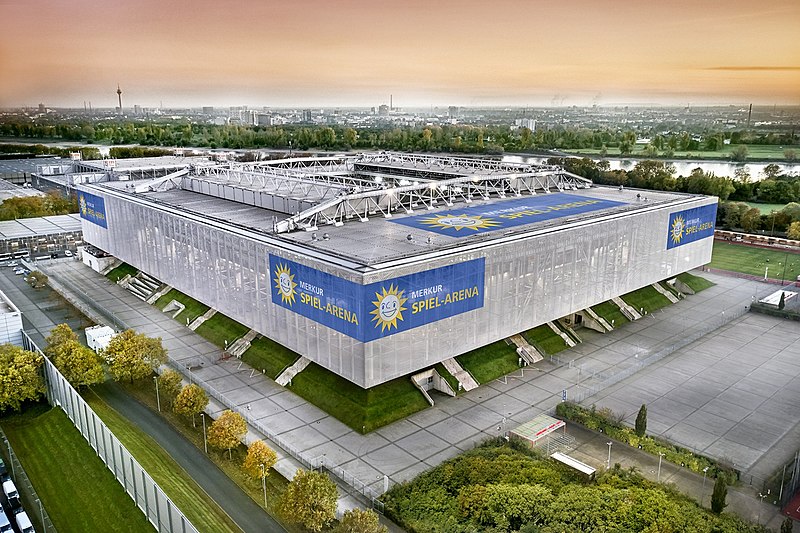
The winner that year was Ell & Nikki, representing Azerbaijan with the song “Running Scared”.
Baku, Azerbaijan - 2012
The 2012 edition of Eurovision was held in Baku, the capital of Azerbaijan. The event took place in the Crystal Hall, a complex built especially for the competition.
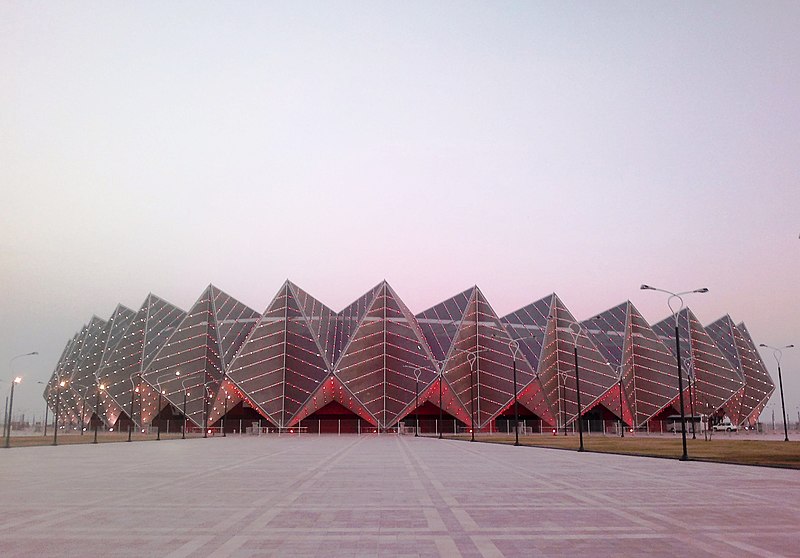
The winner that year was Loreen, representing Sweden with the song “Euphoria”.
Malmö, Sweden - 2013
After 21 years the festival returns to Malmö, being the fifth time the festival is held in Sweden, but not the last. The event took place at the Malmö Arena, a sports and concert hall.
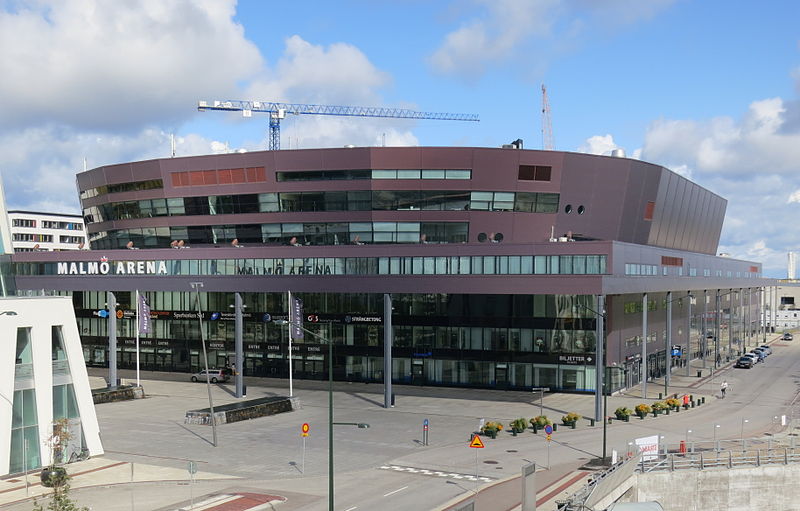
The winner that year was Emmelie de Forest, representing Denmark with the song “Only Teardrops”.
Copenhagen, Denmark - 2014
Denmark hosted Eurovision again in 2014, with the final held in Copenhagen. The event took place at the B&W Hallerne, a complex of industrial buildings converted for the competition.
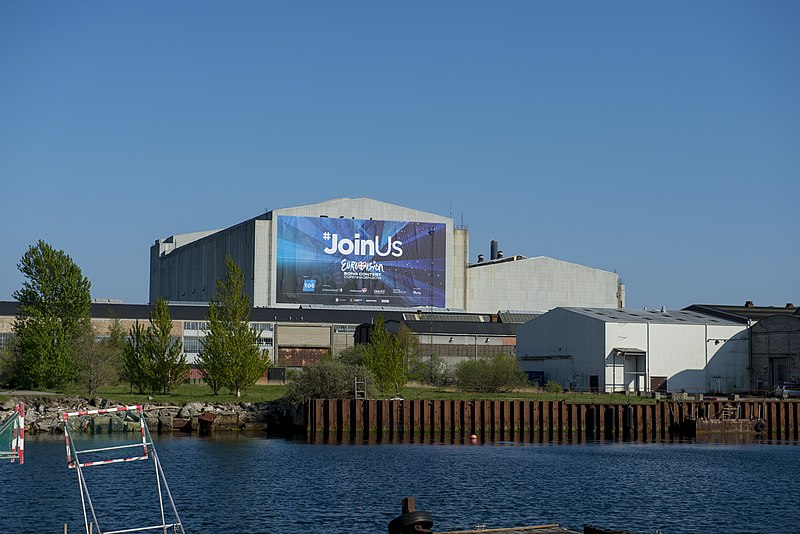
The winner that year was Conchita Wurst, representing Austria with the song “Rise Like a Phoenix”.
Vienna, Austria - 2015
Almost five decades later, in 2015, Vienna once again hosted the Eurovision Song Contest. The event took place in the Wiener Stadthalle, one of the largest concert venues in Europe.
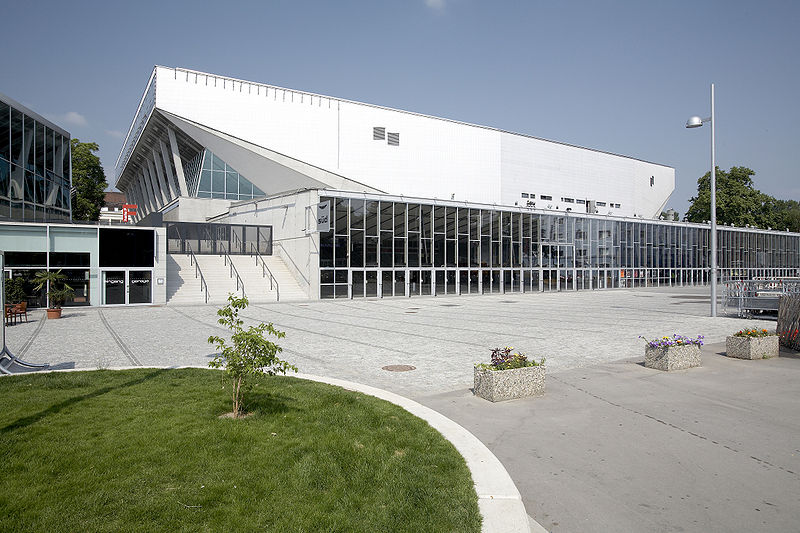
It was a special edition, as it marked the 60th anniversary of Eurovision. The winner that year was Swedish singer Måns Zelmerlöw with the song “Heroes”.
Stockholm, Sweden - 2016
Sweden hosted Eurovision again in 2016, with the final held in Stockholm. The event took place at the Globen Arena as in the last call in 2000, a sports and concert hall. The winner that year was Jamala, representing Ukraine with the song “1944”.
Kiev, Ukraine - 2017
Ukraine hosted Eurovision again in 2017, again in Kiev. The event took place at the city’s International Exhibition Center, an exhibition and convention venue.
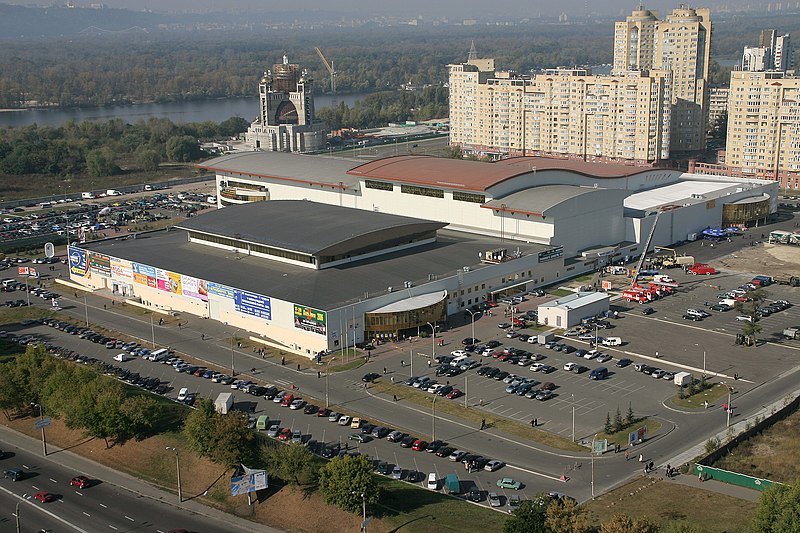
The winner that year was Salvador Sobral, representing Portugal with the song “Amar pelos dois”.
Lisbon, Portugal - 2018
For the first time, Portugal hosted Eurovision in 2018, with the final held in Lisbon. The event took place at the Altice Arena (Pavilhão Atlântico), a sports and concert pavilion.
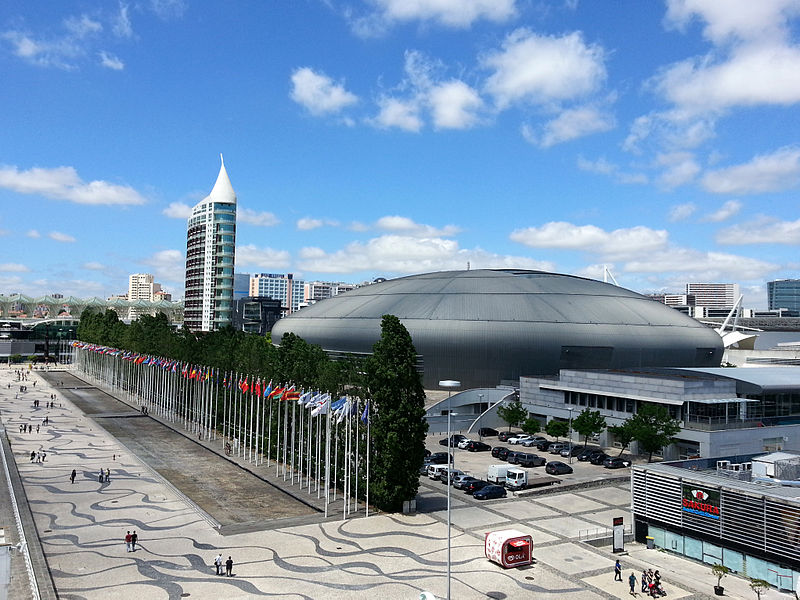
The winner that year was Netta, representing Israel with the song “Toy”.
Tel Aviv, Israel - 2019
The third time Israel hosted Eurovision was in 2019, at the Tel Aviv Exhibition Center. It was a special edition of the contest, as it coincided with the 70th anniversary of Israel’s establishment as a state.
However, the choice of Israel as the host of Eurovision has not been without controversy due to the political and religious conflict in the region. In 2019, the choice of Israel as host generated protests and controversy, with some participating countries expressing concerns about security and politics in the region.
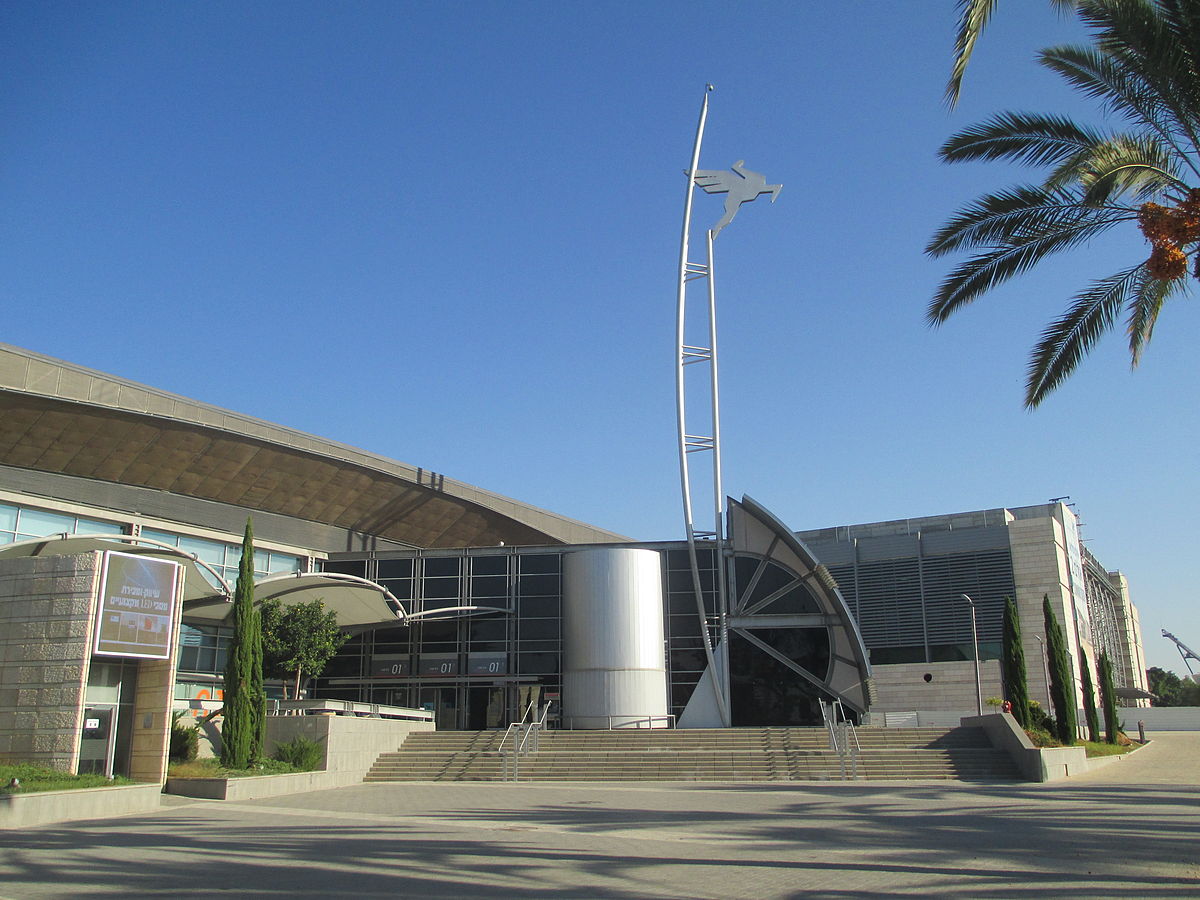
The winner that year was Duncan Laurence, representing the Netherlands with the song “Arcade”.
Rotterdam, The Netherlands - 2020 - Cancelled
In 2020, Rotterdam, the Netherlands, was expected to host Eurovision, but due to the COVID-19 pandemic, the contest was canceled for the first time in its history. Instead, fans were encouraged to listen to a playlist featuring all the songs that would have been performed in the contest, as a way to keep the spirit of Eurovision alive during these difficult times. The song that would represent the Netherlands in 2020, “Grow” by Jeangu Macrooy, was automatically selected to represent the country in the 2021 edition.
Rotterdam, The Netherlands - 2021
In 2021, Rotterdam finally hosted the competition. The event took place at the Ahoy Rotterdam, a convention center and concert hall.
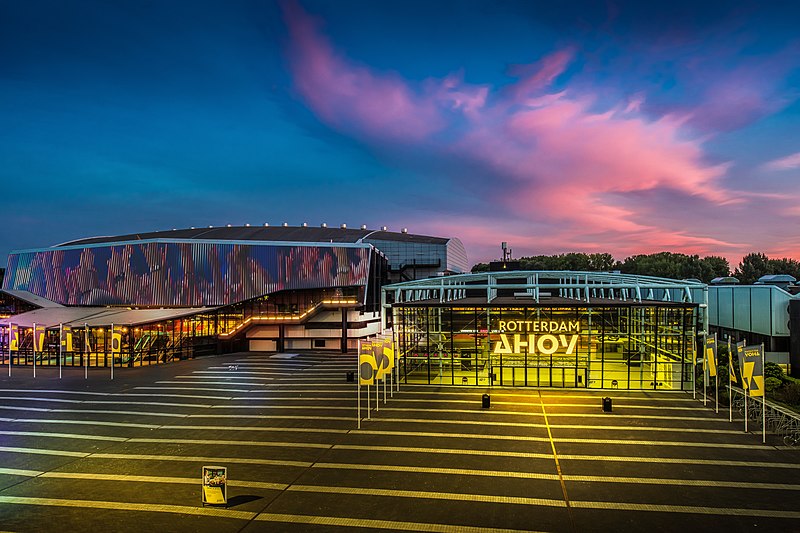
The winner that year was Måneskin, representing Italy with the song “Zitti e buoni”.
Turin, Italy - 2022
The 2022 edition was held in Turin, Italy. It was the first time the Italian city hosted the event. The event took place at the Pala Alpitour, a sports and concert pavilion.
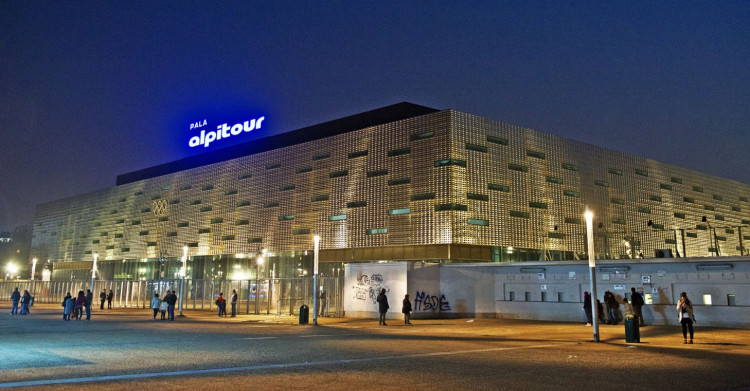
The winners were the Ukrainians Kalush Orchestra, in a festival marked by Russia’s invasion of Ukraine and the support of the different countries in their votes. The Spanish Chanel Terrero, a priori favorite, came in third place.
As you can see, Eurovision has been held in a wide variety of venues throughout its history. From concert halls and soccer stadiums, to convention centers and exhibition venues, host countries have sought out different locations to host this prestigious musical event. Each venue has left its own mark on the history of Eurovision, contributing to the rich tradition and legacy of this international contest. Eurovision venues have witnessed exciting moments, iconic performances and the consolidation of new stars on the European music scene. Undoubtedly, the choice of Eurovision venue is a crucial decision that not only affects the logistics of the event, but also the history and spirit of the contest. If you haven’t seen them yet, discover the decades from 1956 to 1979 and from 1980 a 2000.
